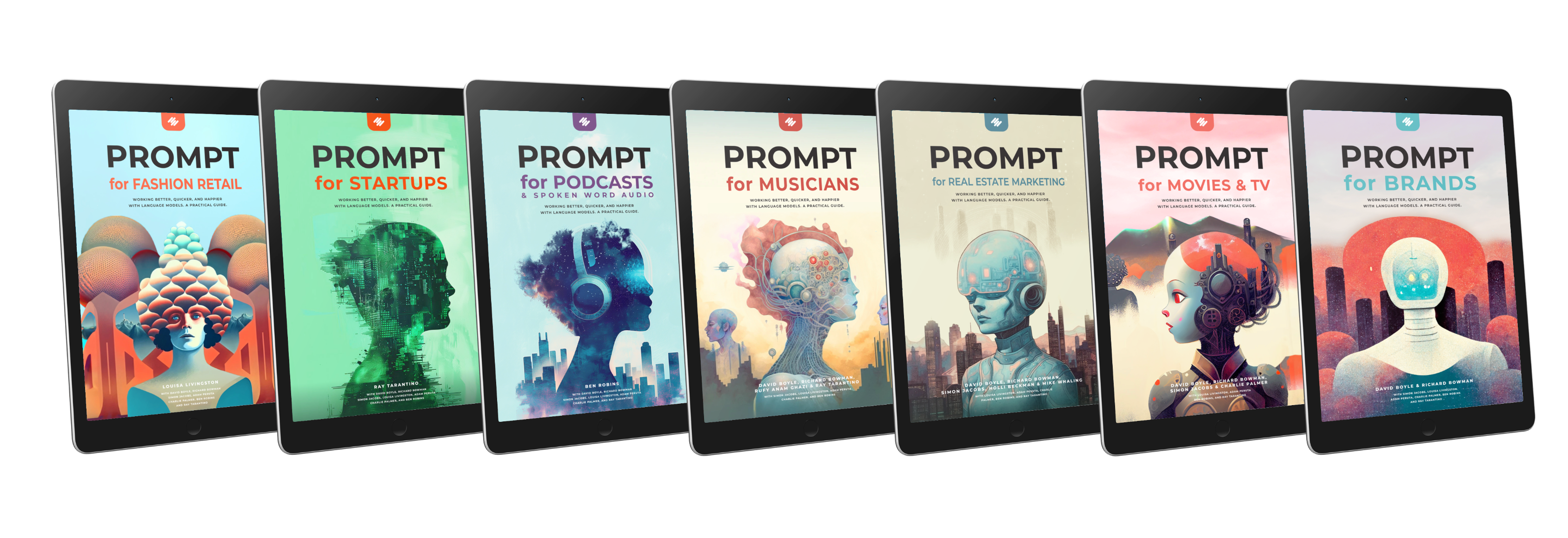As I've worked with dozens of companies looking to harness the power of AI, I've noticed a common pattern: a fixation on finding the "killer use case." Leaders often come to me asking, "What's the one big process we can transform with AI that will have the greatest impact?" or "Which AI tool should we implement to revolutionize our business?"
While these are important questions, they miss a crucial point. The real key to unlocking AI's potential in your organization isn't a particular use case or tool—it's your people. More specifically, it's equipping your people with the foundational skills they need to effectively leverage AI in their everyday work.
I've seen it time and again: organizations invest heavily in AI-driven process overhauls or shiny new AI platforms, only to find that adoption lags and the transformational benefits never materialize. Why? Because they've neglected to give their employees the baseline competencies needed to actually make use of these innovations.
That's why, when leaders approach me about their AI initiatives, I always advise them to start with foundational skills training. Programs like our PROMPT training, books, and consulting focus on teaching the essential skills every employee needs to work effectively with AI: understanding what it can (and can't) do, crafting effective prompts, integrating AI into workflows, and critically evaluating outputs.
This might seem like a hidden or secondary priority compared to flashy use cases, but it's actually the cornerstone of successful AI transformation. Here's why:
1. Skills training drives adoption. No matter how impressive your new AI-optimized process is, it won't make a difference if people don't use it. Foundational skills give employees the confidence and competence to actually leverage AI in their work.
2. It enables innovation at scale. When everyone in your organization has a baseline proficiency with AI, they can find creative ways to apply it in their specific roles. This bottom-up innovation is far more powerful than a few top-down use cases.
3. Skills development kickstarts culture change. Broad training helps normalize AI and gets everyone speaking the same language. This alignment is essential for overcoming resistance to new ways of working.
4. Training is lower-risk and faster to implement than major process changes. You can start realizing the benefits of AI more quickly while laying the foundation for bigger transformations down the line.
5. Skills activate the potential of your other AI investments. Teaching people how to effectively use AI is what allows you to fully capitalize on new tools and processes. Without it, those investments will likely underperform.
The most successful AI transformations I've seen don't start with a quest for the ultimate use case. They start with a commitment to empowering people through foundational skills training. Once employees have that baseline proficiency, the use cases and process optimizations fall into place far more smoothly and effectively.
So if you're looking to unlock AI's potential in your organization, don't sleep on skills. Invest in programs like PROMPT that give your people the competencies they need to thrive in an AI-powered world. That's the hidden key to making AI work for you.
